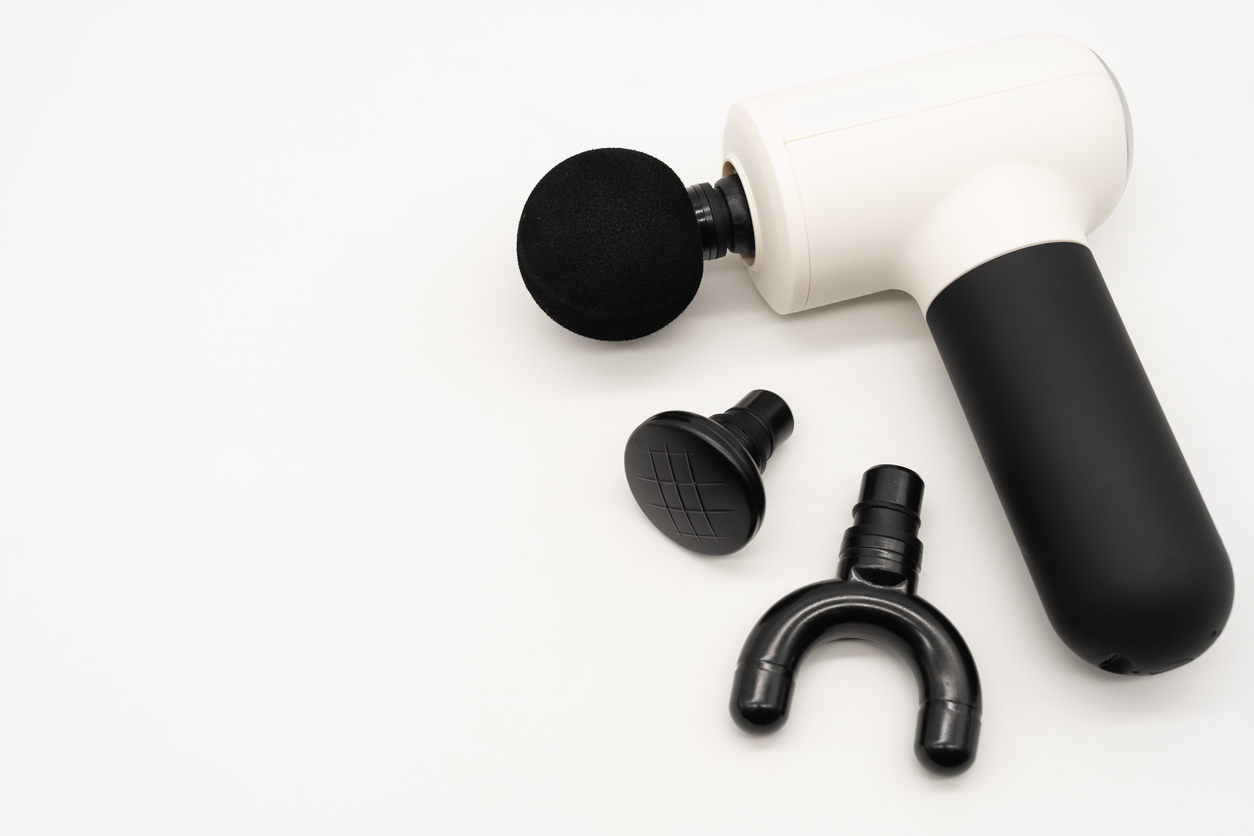How to Profit from Cedi–Naira Trade Arbitrage Products in West Africa
Trade between Ghana and Nigeria has seen remarkable growth in recent years, driven by shared markets, similar consumer demands, and increasing business collaborations within West Africa. However, one of the most strategic opportunities emerging in this space is trade arbitrage — the practice of capitalizing on price differences of similar products between two markets.
The Cedi–Naira trade arbitrage offers an avenue for businesses to maximize profit margins by sourcing products competitively in one country and selling them at a higher value in the other. For importers, exporters, and wholesalers, this opportunity when strategically managed can lead to substantial business gains.
What Are Cedi–Naira Trade Arbitrage Products?
Trade arbitrage products refer to goods that experience significant price differences between Ghana (using the Cedi) and Nigeria (using the Naira). These could include:
-
Fast-moving consumer goods (FMCG): beverages, packaged food, toiletries.
-
Industrial supplies: lubricants, chemicals, and raw materials.
-
Agricultural commodities: palm oil, cocoa, maize, and cassava derivatives.
-
Household essentials: detergents, cooking oils, and cleaning products.
These products often fluctuate in value due to differences in exchange rates, import tariffs, logistics costs, and local market demand—making them ideal for arbitrage trading.
Why Cedi–Naira Arbitrage Is Gaining Attention
-
Exchange Rate Volatility:
The frequent fluctuations between the Ghanaian Cedi and the Nigerian Naira create windows where traders can profit by buying in the cheaper currency and selling in the stronger one. -
Supply Gaps and Demand Surges:
Nigeria’s large population often creates temporary shortages for everyday goods, which Ghanaian suppliers can fill profitably—and vice versa. -
Regional Trade Agreements:
ECOWAS trade protocols and AfCFTA (African Continental Free Trade Area) agreements have eased restrictions, encouraging businesses to explore regional sourcing opportunities.
Challenges in Cedi–Naira Trade Arbitrage
Despite its potential, this trading model comes with challenges such as:
-
Currency exchange instability
-
Cross-border logistics complexities
-
Customs and tariff inconsistencies
-
Supply chain delays
Overcoming these barriers requires efficient logistics management, trustworthy sourcing partners, and accurate market intelligence—areas where Wigmore Trading provides significant value.
How Wigmore Trading Supports Arbitrage Traders
Wigmore Trading simplifies cross-border trade for businesses operating between Ghana and Nigeria. The company’s expertise in import/export logistics, wholesale distribution, and supply chain management helps clients navigate the complexities of West African trade efficiently.
Here’s how Wigmore Trading can assist:
-
Product Sourcing: Identify high-margin arbitrage products across Ghana and Nigeria.
-
Efficient Logistics: Streamline transportation, customs clearance, and warehousing.
-
Market Insights: Provide up-to-date pricing and demand trends to guide purchasing decisions.
-
Currency Risk Mitigation: Offer strategic advice on managing exchange rate fluctuations.
Whether you’re a distributor, wholesaler, or entrepreneur, Wigmore Trading ensures your operations are cost-efficient, compliant, and profitable.
Contact Wigmore Trading today to streamline your cross-border operations and unlock new trading opportunities.








Comments are closed.